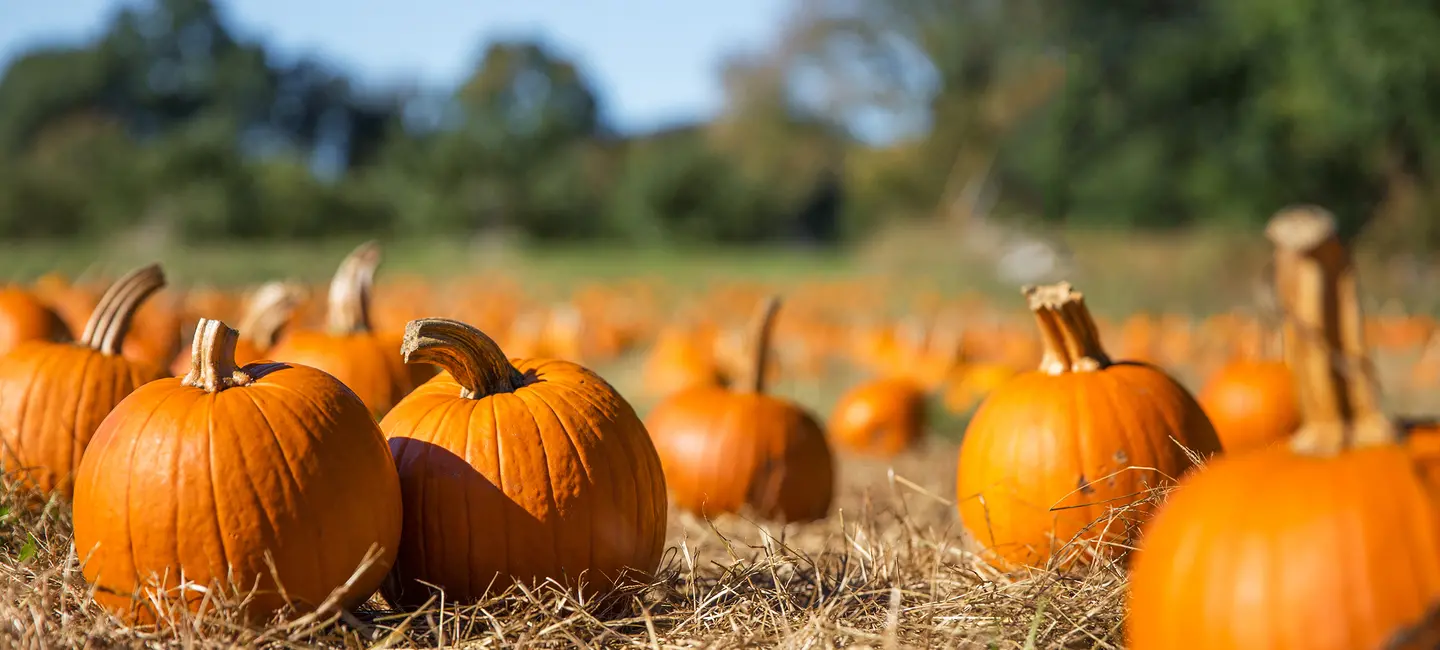
Pumpkin (Cucurbita pepo) is a plant native to South America that now grows worldwide. The seed and its oil are used to make medicine.
The chemicals in pumpkin seed can increase urination, which might help relieve bladder and prostate discomfort. Some chemicals might also reduce swelling in the prostate. The pumpkin fruit and seed are commonly used in foods.
People commonly use pumpkin for benign prostatic hyperplasia (BPH). It is also used for balding, UTIs, and many other conditions, but there is no good scientific evidence to support these other uses.
Is It Effective?
NatMed Pro rates effectiveness based on scientific evidence according to the following scale: Effective, Likely Effective, Possibly Effective, Possibly Ineffective, Likely Ineffective, Ineffective, and Insufficient Evidence to Rate.
- Enlarged prostate (benign prostatic hyperplasia or BPH). Taking pumpkin seed or pumpkin see oil products by mouth might help relieve BPH symptoms.
There is interest in using pumpkin for a number of other purposes, but there isn't enough reliable information to say whether it might be helpful.
Is it Safe?
When taken by mouth: Pumpkin is likely safe when eaten in foods. It is possibly safe to take pumpkin seed or pumpkin seed oil in medicinal amounts. Side effects from pumpkin products are rare, but might include stomach discomfort, diarrhea, and nausea. It might also cause itching, rash, and allergic reactions in some people.
When applied to the skin: There isn't enough reliable information to know if pumpkin seed oil is safe or what the side effects might be.
Special Precautions & Warnings:
Pregnancy and breast-feeding: There isn't enough reliable information to know if pumpkin is safe to use in medicinal amounts when pregnant or breast-feeding. Stay on the safe side and stick with usual food amounts.
Lithium
Interaction Rating=Moderate Be cautious with this combination.
Taking pumpkin might decrease how quickly the body gets rid of lithium. This could increase how much lithium is in the body and result in serious side effects. Talk with your healthcare provider before using this product if you are taking lithium. Your lithium dose might need to be changed.
There are no known interactions with herbs and supplements.
There are no known interactions with foods.
Pumpkin fruit and seed are commonly eaten in foods. As a supplement, there isn't enough reliable information to know what an appropriate dose of pumpkin might be. Keep in mind that natural products are not always necessarily safe and dosages can be important. Be sure to follow relevant directions on product labels and consult a healthcare professional before using.
Calabaza, Citrouille, Cucurbita galeottii, Cucurbita mammeata, Cucurbita pepo, Cucurbitea Peponis Semen, Cucumis pepo, Field Pumpkin, Graine de Citrouille, Great Pumpkin, Huile de Graines de Citrouille, Pepo, Pumpkin Seed, Pumpkin Seed Oil, Styrian Pumpkin.
Information on this website is for informational use only and is not intended to replace professional medical advice, diagnosis, or treatment. While evidence-based, it is not guaranteed to be error-free and is not intended to meet any particular user’s needs or requirements or to cover all possible uses, safety concerns, interactions, outcomes, or adverse effects. Always check with your doctor or other medical professional before making healthcare decisions (including taking any medication) and do not delay or disregard seeking medical advice or treatment based on any information displayed on this website.
© TRC Healthcare 2024. All rights reserved. Use and/or distribution is permitted only pursuant to a valid license or other permission from TRC Healthcare.
